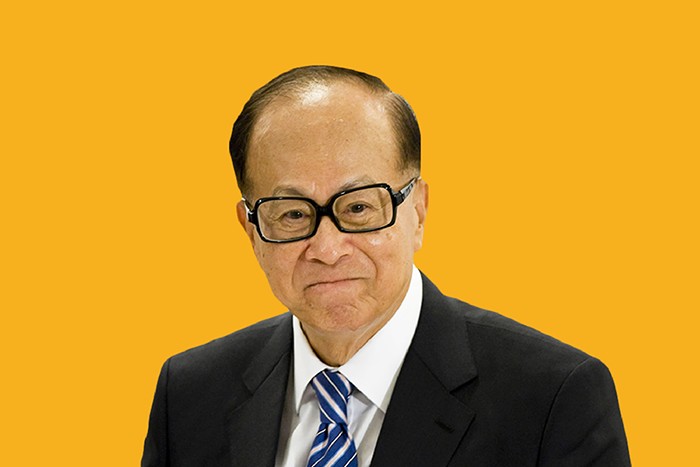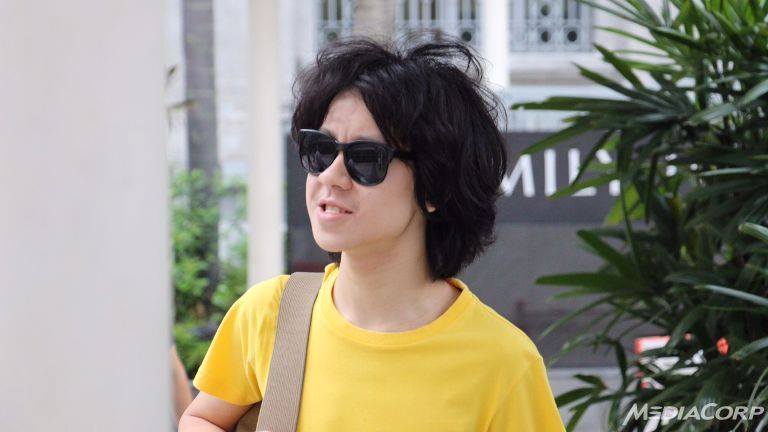Alexa Stone, Progressive Lawyers Group
“Freedom is the only quality that sets Hong Kong apart from its competitors. I hope that when I return home in a few years, it will not have become just another Singapore or Mainland city,” said my friend Kwok when I visited him in the Lion City recently.
He was born and raised in Hong Kong, has worked in Hong Kong, the Mainland and the United States, and is currently working in Singapore at a top-notch multinational corporation.
According to Kwok, many expatriates in Singapore (including himself) share this sentiment: “Singapore is a nice place for work but it can hardly be our home.”
But in the present day, is Hong Kong much better? The factors that have historically made Hong Kong such a stellar success include its positioning as an international city; its high safety standards; the quality of its workforce; its trusted systems and institutions; and a simple tax regime. But these advantages are fading and Singapore has outpaced Hong Kong in almost all of them. Even local tycoon Li Ka-shing has reportedly drawn up a “Plan B” to move at least part of his empire out of Hong Kong, and has asked Hong Kong to learn from Singapore.

So what is left for Hong Kong? A close relationship with the Mainland? But if that is all Hong Kong has to offer, in what way is Hong Kong more advantageous than other PRC cities? Why would foreign investors choose Hong Kong instead of, say, Shenzhen or Shanghai, if they want to tap into the wealth of China?
In truth, the only thing that sets Hong Kong apart is freedom. Although it is now under serious threat, we still have more freedom than Singapore and Mainland cities. For instance, Hong Kong outperformed both the PRC and Singapore in terms of civil liberty (according to the Freedom in the World Territory Ratings 2015 published by Freedom House) and in terms of press freedom (according to the 2015 World Press Freedom Index published by Reporters Without Borders).
But wait. When I visited Singapore, the people there seemed so civilised and peaceful. As a tourist, I could not tell that there was any problem with civil liberty and press freedom.
So I asked Kwok what Singaporeans think about Amos Yee. He said, “Well, there isn’t much discussion about him. In general, people seem to be pretty careful about what they say about the government and they don’t seem to be surprised by what has happened on him.”

Kwok continued: “That’s why I said this place can’t be my home. ‘Suppressed’ is the word I would use to describe life here. Everything is proper and ‘hygienic’ to a degree that it’s almost boring. We don’t even have the freedom to chew gum and access pornography, not to mention freedom of speech.” He said he was glad that he could return to Hong Kong in the near future, where he could talk about whatever he wanted to.
It is plain that freedom is crucial for attracting and retaining quality talents like Kwok who value personal liberty. Besides, a commitment to freedom attracts foreign investment by providing a sense of security. The importance of this was demonstrated by the PRC government’s recent adoption of radical rescue measures to prop up the stock market, including prohibiting officers, directors and listed company shareholders from selling their shares – a clear violation of economic freedom and an encroachment on the concept of personal property. I have doubts about how many sensible businesses would continue to put their bet on a place where one’s right to one’s own property is as fragile as so-called ‘tofu buildings’ (poorly constructed buildings) in the Mainland.
However, recent events such as the HKU Council’s absurd rejection of Professor Johannes Chan for a management post are a clear sign that our cherished liberties, such as academic freedom, are being eroded. That, in turn, inexorably means that we are losing our most important competitive advantage.

An even more heart-breaking feeling is that of losing one’s home. Home is where one’s heart belongs; where one can stay at ease; where one feels safe, relaxed and settled. But now, this once familiar city named Hong Kong seems to me very strange, ridiculous and unpredictable. The absurdity of the news we read every day almost numbs us. It is incredibly sad.
That’s why we need to stand up for our freedom. Whether by joining political groups, coming out to vote at elections, or simply making your voices heard – let’s join our hands and safeguard our city’s freedom together.
Alexa Stone is a journalist-turned-business manager-turned-lawyer who loves people watching.
